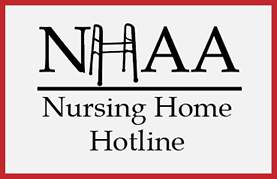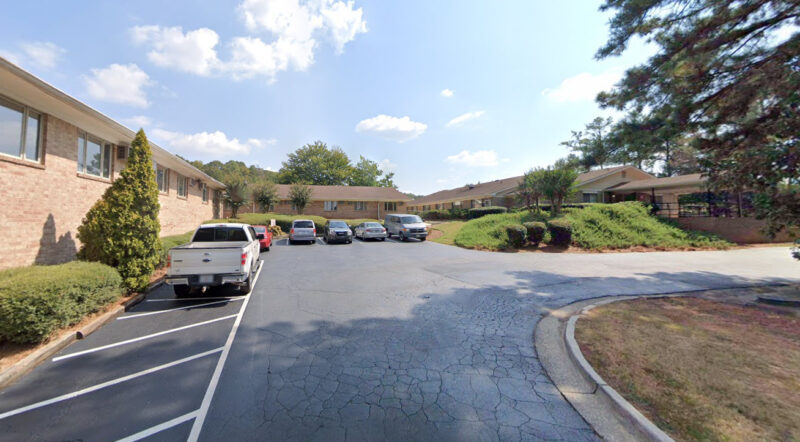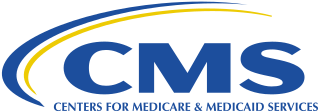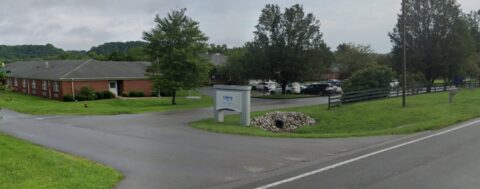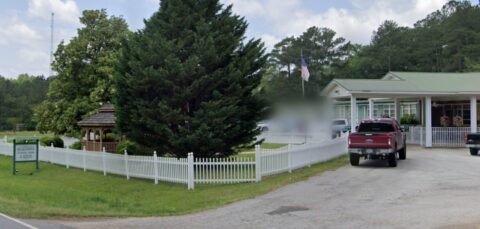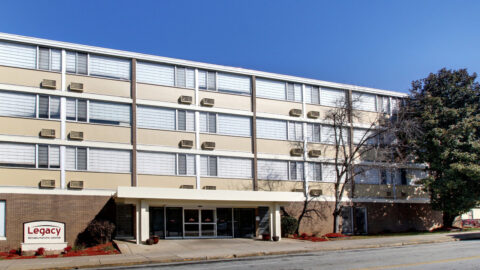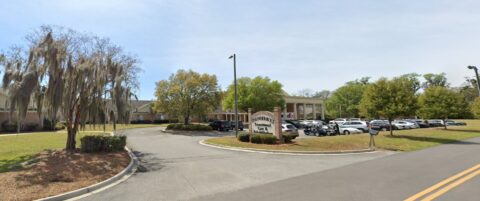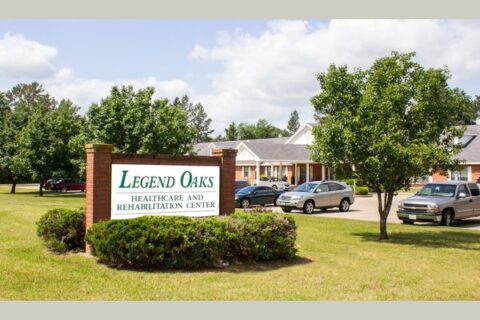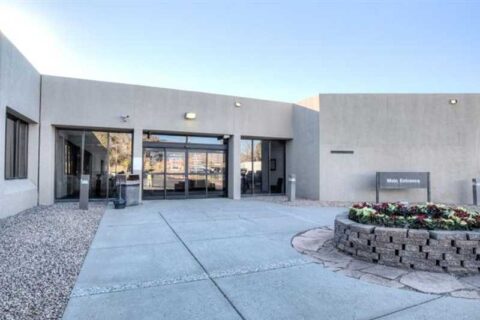State Findings:
Based on record review, observations, and interviews, the facility failed to ensure that the call light was kept within reach for one resident (R) (R #114), of 23 sampled residents.
Findings include:
A policy related to call light use was requested from the facility, but the facility did not have a policy.
A review of R#114’s clinical record revealed the resident was admitted to the facility on [DATE] with diagnoses which included hemiplegia and hemiparesis following cerebral infarction affecting right dominant side and muscle weakness.
The admission Minimum Data Set (MDS), dated [DATE], revealed the resident’s Brief Interview for Mental Status (BIMS) score was 3 out of 15, which indicated the resident had severe cognitive impairment. The resident required extensive assistance by two staff for bed mobility. The resident was totally dependent on two staff for transfers, dressing, and toilet use. The resident required extensive assistance by one staff member for personal hygiene.
The care plan dated 5/25/22, revealed the resident was at risk for falls related to a history of falls, and impaired mobility. The interventions included to keep the call light and most frequently used personal items within reach and to remind the patient to call when needing assistance.
Observation on 6/7/22 at 12:25 p.m., the call light in R#114’s room was observed to be pinned to the bedsheet on the right side of the bed. R#114 was unable to reach the call light because he could not use his right hand. He attempted to reach the call light with his left hand but was unable to reach it.
Observation on 6/8/22 at 3:34 p.m., R#114 was in the room, sitting up in bed watching television.
The call light was clipped to the sheet on the right side of the bed. R#114 was not able to reach the call light when he attempted.
Observation and concurrent interview on 6/9/22 at 8:52 a.m., R#114 was in his room, sitting in bed, and finishing up breakfast. The call light was clipped to the sheet on the upper right side of the bed. He said he could not see or reach the call light.
Interview on 6/9/22 at 8:53 a.m., Certified Nurse Aide (CNA) NN stated the call light should be in reach of the residents so they could let staff know if they needed something. She explained if a resident was paralyzed on the left side, then the call light should be on the right side or if the resident was paralyzed on the right side the call light should be on the left side. CNA NN said R#114 was paralyzed on the right side and the call light should be on left side of the resident. CNA NN confirmed the call light was clipped to the sheet on the upper right side of the bed. R#114 told the CNA he could not see the call light or reach it. CNA NN repositioned the resident and placed the call light on the bedside table on the left side of the bed within reach of the resident.
Interview on 6/9/22 at 9:06 a.m., Licensed Practical Nurse (LPN) OO said the call lights should be within reach of all residents to access easily. She said the call light was the way for residents to communicate their needs. LPN OO said if residents were weak on one side, then the call light needed to be on the side the resident could use. She said most residents had the call light clipped on the bedsheet or near their hand. LPN OO explained because R#114 had a stroke with right-side weakness, the call light should be on the left side, near the residents’ hand. She said the resident could not use the call light if it was on the right side. LPN OO said it was important for the call light to be near the resident in case they needed something and added the resident had to be able to reach it. She stated the resident could be hurt or something and would not be able to get her attention without it in reach.
Interview on 6/10/22 at 1:09 p.m., with the Director of Nursing (DON) and Administrator, the
DON stated the call lights should be accessible to the residents. She stated if they were in bed then the call light needed to be on the bed, and if the residents were in the wheelchair the call light needed to be within reach.
The DON stated it was important to have the call lights within reach in case the residents needed anything, and the call light was used to alert the staff. The DON stated a possible negative outcome could be in the event of an emergency the resident would not have access to a call light. The Administrator stated the call light must be within reach as well as knowing the residents’ barriers and strengths. She also stated if the call light was not in reach, it could affect the resident’s quality of life and care, and not having the call light within reach could be detrimental to the resident’s wellbeing.
Your Experience Matters
...and we want to hear it.
NHAA is here to assist families, residents, and the community by sounding the alarm on issues like those found above. This nursing home and many others across the country are cited for abuse and neglect.
If you have or had a loved one living in this nursing home or any other nursing home where you suspect any form of abuse or neglect, contact us immediately.
We have helped many already and we can help you and your loved one as well by filing a state complaint, hiring a specialized nursing home attorney or helping you find a more suitable location for your loved one.
You can make a difference, even if your loved one has already passed away.
Please give us a call at 1-800-645-5262 or fill out our form detailing your experience.
Personal Note from NHA-Advocates
NHAA shares with all the families of loved ones who are confined to nursing homes the pain and anguish of putting them in the care of someone else. We expect our loved ones to be treated with dignity and honor in the homes we place them. We cannot emphasize enough to family members of nursing home residents; frequent visits are essential to our loved ones’ well-being and safety.
If you are struggling and upset, click here to understand your options, or contact us through our contact form or call our toll free hot line number: 1-800-645-5262.
